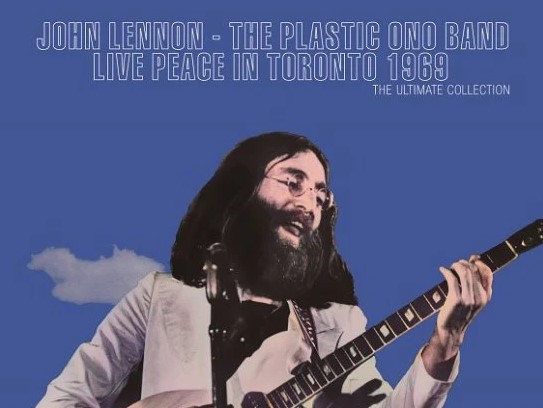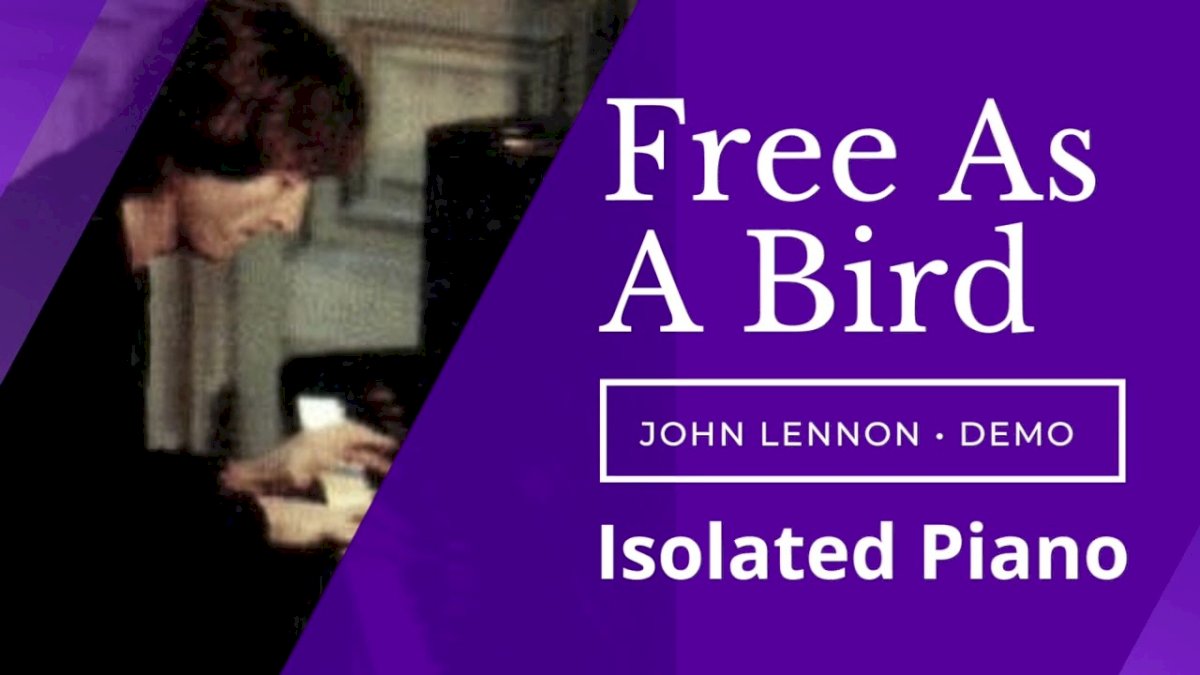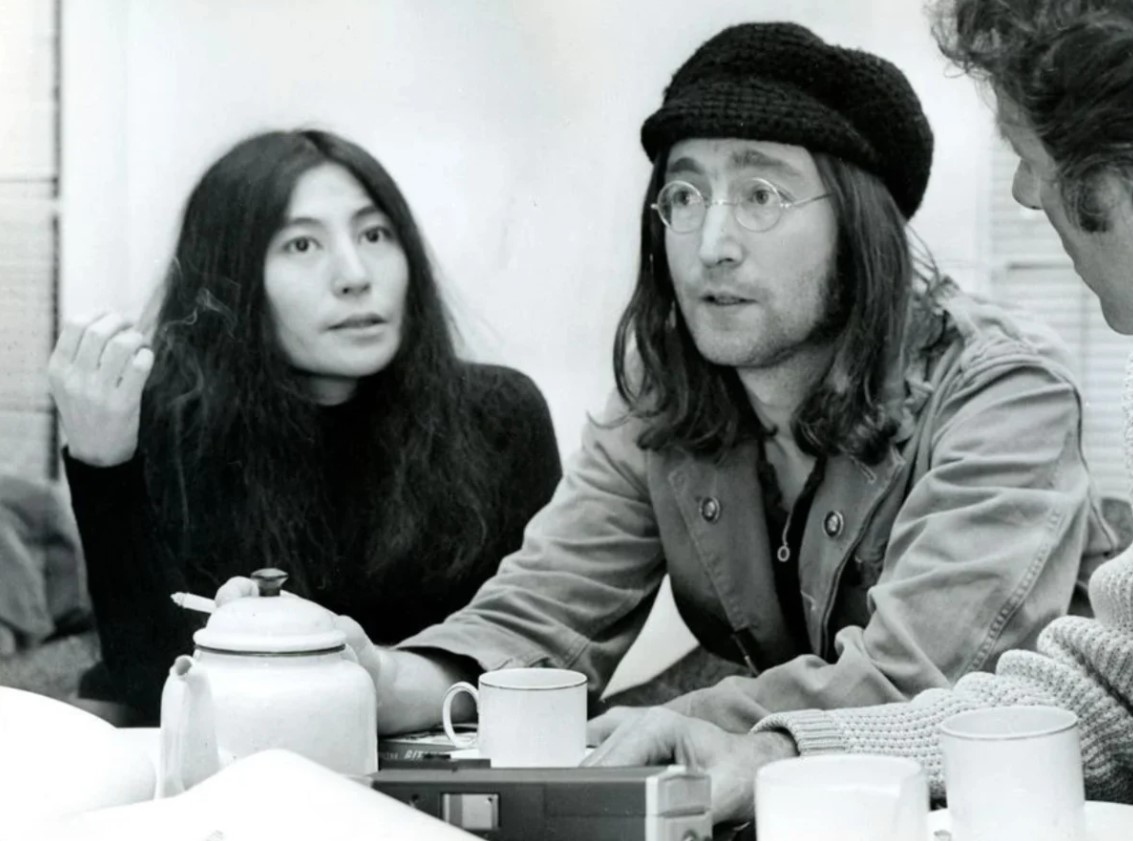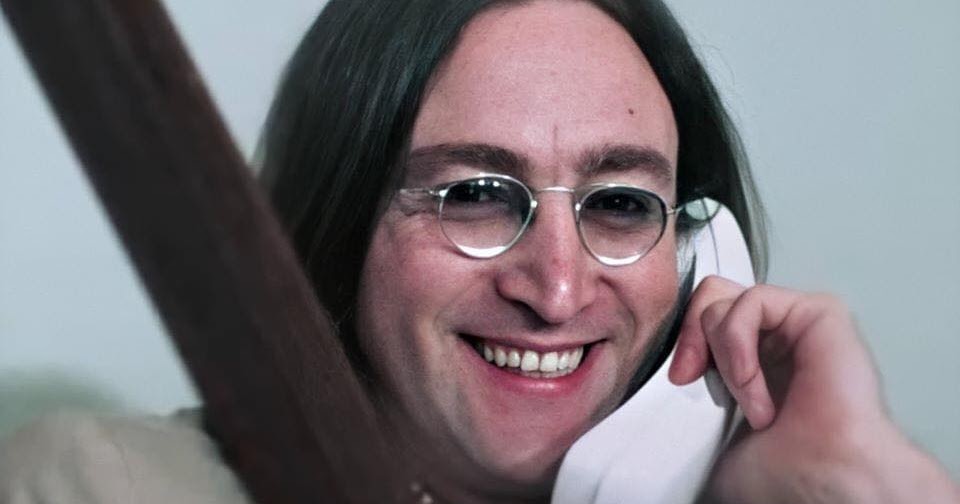In the heart of New York City, The Hit Factory stood as an iconic recording studio that witnessed the magic of countless musical legends. Among them, John Lennon, a visionary artist and former member of The Beatles, left an indelible mark during his time at The Hit Factory. The studio became a creative oasis where Lennon's talent flourished and his musical journey continued to evolve.

The Hit Factory, located at 421 West 54th Street, was renowned for its state-of-the-art facilities and a history that echoed with the sounds of some of the greatest artists in the world. Established in the late 1970s by Edward Germano, The Hit Factory quickly gained a reputation as a premier recording studio, attracting top-tier talent from various genres. John Lennon, in his pursuit of musical exploration and experimentation, found himself drawn to this vibrant hub of creativity.
Lennon's association with The Hit Factory began in the 1970s when he was transitioning from his time with The Beatles to his solo career. The studio offered a welcoming environment where Lennon could freely explore new sonic landscapes and collaborate with a diverse array of musicians. His decision to record at The Hit Factory marked a significant phase in his post-Beatles era, as he sought to break new ground and redefine his artistic identity.

One of the most notable albums produced at The Hit Factory was Lennon's "Double Fantasy," a collaborative effort with his wife, Yoko Ono. Released in 1980, this album showcased a mature and introspective Lennon, blending his signature songwriting with a contemporary sound. The Hit Factory played a crucial role in shaping the album's distinctive sound, providing the technical expertise and creative space that allowed Lennon's vision to come to life.
The studio's acoustically designed rooms and cutting-edge recording equipment contributed to the rich and polished sound that characterized Lennon's work at The Hit Factory. The space allowed for experimentation with innovative recording techniques, giving Lennon the freedom to push boundaries and create music that resonated with emotional depth.

Beyond the technical aspects, The Hit Factory offered a unique atmosphere that fueled Lennon's creativity. Surrounded by a team of experienced engineers and producers, Lennon found himself in an environment that encouraged collaboration and artistic expression. The studio's location in the vibrant city of New York also played a role in influencing the music, as the energy and diversity of the city seeped into Lennon's compositions.
One of the standout tracks from "Double Fantasy" recorded at The Hit Factory was "Starting Over," a poignant and reflective song that showcased Lennon's vulnerability and resilience. The studio's intimate setting allowed Lennon to convey his emotions authentically, resulting in a timeless piece that resonated with listeners around the world.

Tragically, John Lennon's time at The Hit Factory was cut short by his untimely death in December 1980. However, the impact of his work at the studio continues to echo through the halls of music history. The recordings made during his tenure at The Hit Factory stand as a testament to his enduring legacy as a musician and a pioneer.
In retrospect, The Hit Factory served as a creative haven where John Lennon could explore the depths of his artistry. The studio provided the perfect backdrop for him to transition from the larger-than-life persona of The Beatles to the more intimate and personal expressions of his solo career. The music created within the walls of The Hit Factory remains a testament to the synergy between an artist and the environment that nurtures their creative spirit.

As we reflect on John Lennon's time at The Hit Factory, we are reminded not only of the incredible music produced but also of the profound impact that a space dedicated to artistic exploration can have on the trajectory of a musician's career. The Hit Factory stands as a symbol of creative freedom, and Lennon's contribution to its legacy is etched in the annals of musical history.



